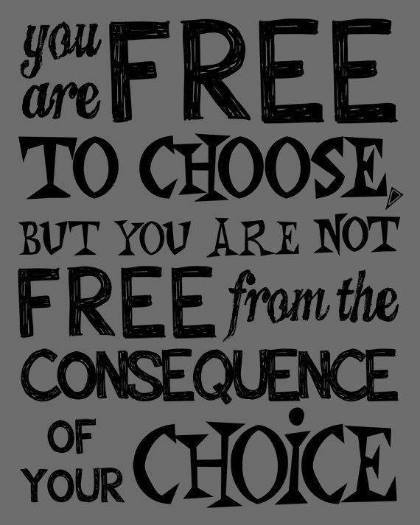The New Strong Willed Child by James Dobson
[amazon_image id=”1414313632″ link=”true” target=”_blank” size=”medium” ]The New Strong-Willed Child[/amazon_image]
This is another amazing book. There are so many parts of this book that I agree with 100%!
Loving Control
Strong Willed Children are in a category all of their own. They can make the best parents in the world doubt themselves. It is imperative that you loving show this child that you are in control.
Shaping the Child’s Will
Dr. Dobson outlines 6 strategies to shaping a child’s will. Shaping their will is imperative to both the child and yourself as a parent. This must be done when children are very young.
Compensating
One thing that I did in the beginning (and still catching myself doing now from time to time) is trying to compensate (rescue, tolerate, ignore, etc) for my strong willed child. My mindset was, I know that he is difficult, and I know that the real world will be harder for him, so I let him get away with more because I wanted him to feel loved and secure at home. This is the wrong thing to do, the more the child wins as a baby, the harder the toddler years become.
One thing that I learned in all of my teaching classes is that fair does not always mean equal. It is fair to make sure that every child gets a good education, however, how each child receives that education does not mean equal services. Same is true for the strong willed child. You must define and enforce the same boundaries for all of your children, however, the methods used and consequences will not be exactly the same.
For instance, my compliant child is very emotional and just telling him that you are upset with his choices is usually enough to get him to shape up. With my strong willed child, his entire world pretty much needs to crumble around him before he will even think about his choices.
Anger
Getting angry and yelling at your child (something I am very guilty of) is telling your child that you are no longer in control. They have succeeded and won, they brought you to your knees. How then can a child feel secure if they can easily bring their parents, the people who are supposed to keep them safe, to their knees?
Calmly and confidently stand ground on the boundaries to show your child that you are in control and that you are to be respected.
Anger also takes the attention away from the child’s behavior and makes your behavior front and center. The child then forgets about his behavior and responds to yours. Natural consequences become null and void when a parent becomes angry.
Format/Sections
I would highly recommend checking out this book just to look over these following sections!
He gives specific ideas and strategies for the following age groups:
- 8-14 months
- 15-24 months
- 2-3 years
- 4-8 years
- 9-12 years
- Teens
The University of Maryland Medical School’s study on permissive parenting and teen violence was a very eye opening section. (115-116)
Family Stress and Physical Problems
Spanking (122-123 Very good section.)
American Culture
Quotes
“The goal in dealing with a difficult child is to shape the will without breaking the spirit.” (71)
“Healthy parenting can be boiled down to those two essential ingredients: love and control.” (103)
“There is no substitute for parental modeling of the attitudes we wish to teach. “The footsteps a child follows are most likely to be the ones his parents thought they covered up.” (106)
“According to a study by Dan Olweus reported in Developmental Psychology in 1980, childhood aggressiveness is actually more closely linked to maternal permissiveness and negative criticism than to even abusive physical discipline.” (127)
“In 1999, the National Longitudinal Study on Adolescent Health found that teenagers who feel more connected and comfortable with their parents, teachers, and other adults are less likely to commit violence, use illegal drugs, or become sexually active.” (168)
“…the more rebellious and frustrating your kid is, the more likely you are to give too much, tolerate too much, advise too much, and rescue too much. These blunders come down to a common thread-one that results from hanging on too tightly when you should be letting go.” (173)
Visit Focus on the Family, founded by Dr. James Dobson
Facebook– Family Talk
Facebook– Focus on the Family
[amazon_enhanced asin=”1414313632″ /]



Comments
The part you said about anger makes so much sense, I am very guilty of that. This book goes on my list of books I want to read, thanks!
My husband and I are both guilty of it too! It’s so easy to loose your temper. We have been trying to keep the other in check and take over when the other one is going to get angry.
I am guilty of yelling at my strong-willed child, too. And I have found that staying calm actually usually allows her to look at her own behavior and really be sorry for it faster and easier than loosing control and yelling at her. It’s still hard not to yell, though! I have been amazed, though, at the times when I was able to stay calm and just mater-of-factly enforce consequences, she cools down, and then usually comes to me and apologizes (sincerely!) for her bad behavior! I haven’t read this book, but I have definitely observed the power of staying calm with my own strong-willed child.